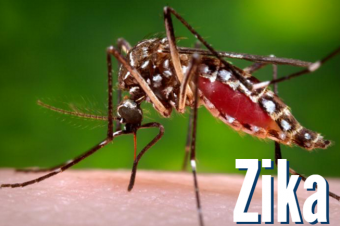Zika Virus
Zika Virus
What Do We Know About Zika?
- Zika is a serious health threat to pregnant women and their babies
- Zika infection during pregnancy can cause microcephaly as the baby develops in the womb and can cause serious damage to the brain.
About Zika
Zika virus was first discovered in 1947 and is named after the Zika Forest in Uganda. In 1952, the first human cases of Zika were detected and since then, outbreaks of Zika have been reported in tropical Africa, Southeast Asia, and the Pacific Islands.
Zika can be spread through mosquito bites, from a pregnant woman to her unborn baby, through sex, and through blood transfusion (very likely, but not confirmed). Zika is usually a mild sickness (fever, rash, joint pain, and red eyes) that lasts about a week, however many people have no symptoms. Pregnant women and women who might become pregnant should be careful not to get Zika because Zika can cause birth defects.
What Can You Do to Protect Yourself and Your Family?
- Pregnant women can protect their babies from Zika-related health problems by not traveling to areas with Zika.
- Men and women who live in or travel to an area with Zika can prevent infection by protecting against mosquito bites, using condoms during sex, or not having sex.
Zika Information & Resources:
- CDC’s Zika website: https://www.cdc.gov/zika/
- Zika 101 Video: https://www.youtube.com/watch?v=clXx8kRw_GU
- Zika & Pregnancy English Factsheet: https://www.cdc.gov/vitalsigns/pdf/2016-04-vitalsigns.pdf
- Zika & Pregnancy Spanish Factsheet: https://www.cdc.gov/spanish/signosvitales/pdf/2016-04-vitalsigns.pdf
Page Last Updated: 4/18/2017


